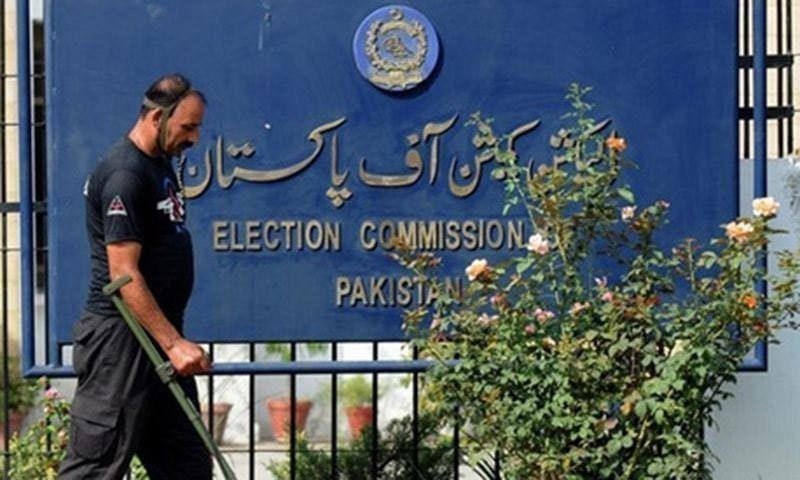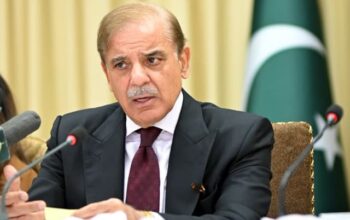By Staff Reporter
ISLAMABAD: The Election Commission of Pakistan has asked the Supreme Court for guidance on allocating reserved parliamentary seats, after a July court ruling awarding seats to the opposition Pakistan Tehreek-e-Insaf (PTI) party conflicted with a new law passed by the National Assembly.
The ECP seeks guidance on conflicting provisions between the Supreme Court’s July 12 verdict, granting reserved seats to the PTI party, and amendments to the Election Act 2017.
The ECP’s petition comes after National Assembly Speaker Ayaz Sadiq informed the commission that amendments to the Election Act 2017, made after the court’s July 12 ruling, rendered the verdict “incapable of implementation.”
The amended law introduces retroactive changes, including Sections 66 and 104-A, concerning candidate affiliation declarations and party membership.
The Supreme Court ruled in July that the Pakistan Tehreek-e-Insaf (PTI) party of former Prime Minister Imran Khan is eligible for over 20 additional reserves seats.
The election regulatory stripped the PTI of its electoral symbol on technical grounds before the February 8 general elections, forcing its candidates to contest as independents. They went on to win the most seats, but the ECP initially ruled they were not entitled to reserved seats for women and minorities.
PTI-backed candidates joined the Sunni Ittehad Council to claim reserved seats, as independents are ineligible.
The Supreme Court overturned the ECP decision, stating the PTI was indeed eligible for the seats and should be considered a political party for the purpose of the February polls.
The ECP has implemented the court order for 39 National Assembly members but notes the amended act’s retroactive application.
The election authroity has held emergency talks with legal experts over the past 10 days to address concerns about its delayed implementation of a Supreme Court order, which could potentially lead to contempt of court charges.
“The review has been filed on a few points in the Supreme Court’s detailed order,” the ECP said in a press statement. “A CMA (civil miscellaneous application) has been filed in the Supreme Court to seek implementation in light of the Supreme Court ruling and a law passed by the parliament.”
Recent amendments to election laws, passed last month, aim to prevent the allocation of reserved seats to the PTI. The Elections (Second Amendment) Bill states that independent lawmakers cannot join a political party after a stipulated period.
The conflicting court ruling and law have put the election commission in a bind, with the PTI accusing it of bias toward the ruling coalition of Prime Minister Shehbaz Sharif. Pakistan’s election laws allocate 70 reserved seats – 60 for women, 10 for non-Muslims – proportionally to parties based on their election performance.
Copyright © 2021 Independent Pakistan | All rights reserved




